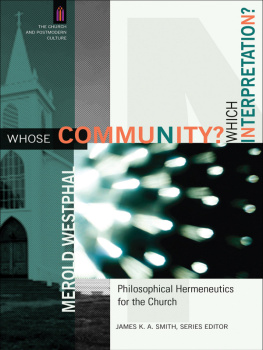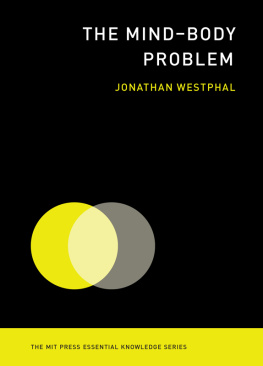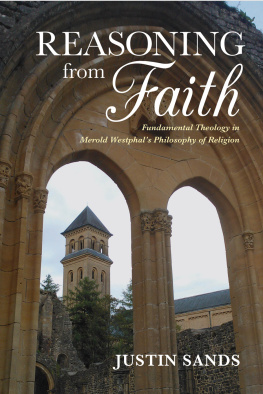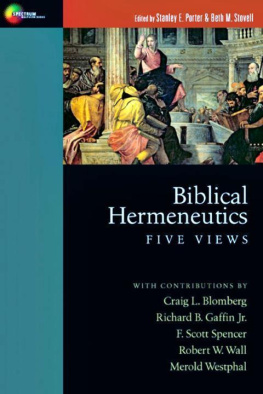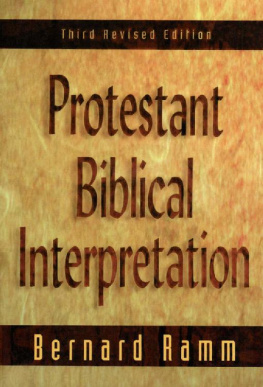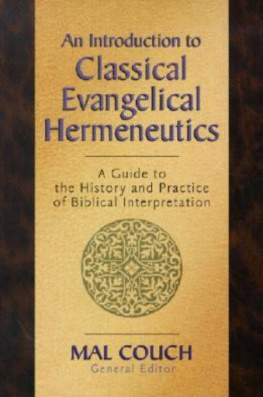Whose
Community?
Which
Interpretation?
The hermeneutic tradition whose founding fathers are Heidegger, Gadamer, and Ricoeur has no neat name. So I will bite the bullet and give it a name, an ugly name that will scare some readers: relativist hermeneutics. This trio shares the following interpretation of the hermeneutical circle: First, we are always somewhere (socially, culturally, historically, linguistically) and never nowhere when we interpret. Interpretation is never without presuppositions. It is always relative to the particular and contingent location of the interpreter. Of course, we can always seek, as individuals or communities, to become aware of our presuppositions and to subject them to scrutiny and critique. But we are always somewhere and never nowhere in doing this, that is, evaluating a tradition of interpretation to which we belong in the light of some other tradition to which we also belong or to which we have been willing to listen seriously.
So, second, we never escape from the hermeneutical circularity in which we always find ourselves already located. Of course, we can move from one circle to another, like the racist who becomes converted to one of the various language games of equal respect, but we never escape all somewheres to arrive at nowhere. We are like snakes that slough off one skin only to inhabit another.
Because Heidegger expands the notion of interpretation well beyond the realm of text interpretation, he will be of less interest to us. Our focus will be on Gadamer and Ricoeur, especially the former. They retain the deregionalization of hermeneutics and seek a general theory of textual interpretation, and they retain the notion of the hermeneutical circle, as just noted. But they repudiate both the psychologism and, in their understanding of the hermeneutical circle, the objectivism of romantic hermeneutics. Before turning to the rejection of objectivism, we need to look at the rejection of psychologism, which helpfully prepares the way for the former; and before turning directly to Gadamer and Ricoeur, it might be helpful to present a few reasons to look at Nick Wolterstorffs repudiation of hermeneutical psychologism, grounded in speech act theory rather than Heideggerian phenomenology. One reason is the conceptual clarification it provides. Another reason is that it is an overtly theological hermeneutics and is a good example of why philosophical (deregionalized) and theological hermeneutics can and should converse with each other.
Speech Act Theory
First, a brief introduction to speech act theory. It traces its origins to a book by J. L. Austin with the interesting title, How to Do Things with Words. When we use language, we speak or write, that is, we utter or inscribe sentences. But Austin asks what it is we do when we do this. Philosophers often talk as if the only thing we do is make assertions. But Austin points out that we do a wide variety of other things as well. We offer comfort; we ask questions; we make requests; we make promises; we express disapproval by means of sarcasm or irony; and so forth. When, under the proper circumstances, I say I do, I do several things with words at once. I make a solemn promise; I change my marital status; I delight (or perhaps disappoint) my family. Austin calls these speech acts performatives because in uttering a short sentence I also perform these other acts.
There are several things to notice about speech acts:
Like other actions, they are subject to moral and legal norms. I ought not to utter I do if I do not intend to keep the solemn promise made thereby. I ought not to change my marital status with this person to married if I am already married to someone else. I ought not to disappoint my family out of sheer malice.
Speech acts are subject to norms in another way. Only under the right circumstances, defined by rules of law or custom, do they count as the intended performance. I dont change my marital status (at least in the eyes of the state and the church) if I say I take you to be my wife while the two of us are alone on the beach or if I am already married. Nor have I performed the act of pardoning a prisoner if I say, I pardon you, but am not the governor or president but only a fellow gang member.
For the speech acts just cited, these norms are not those of truth or falsity but rather those of appropriateness in terms of such considerations as sincerity and authority. They involve the duties and rights of speakers. We can ask, Do you really mean it? and Do you have the authority to do that? but it would be a misunderstanding to ask, Is that true or false?
This is because not all speech acts are assertions. But assertions can also be seen as performatives. In uttering or inscribing I am doing something else: I am making an assertion. Questions of sincerity and authority are also appropriate here. Do you really believe that? Do you have the right to tell us that? But in this case questions of truth or falsity are also appropriate.
Here ends the very short course on speech act theory. Yes, there will be a quiz.
A Hermeneutics of Divine Discourse
Drawing on speech act theory, Nicholas Wolterstorff develops a specifically theological hermeneutics in a splendid book titled Divine Discourse: Philosophical Reflections on the Claim That God Speaks. He wants speech act theory to illuminate the claim that the Bible is the Word of God and that the Bible becomes the Word of God again and again in various times and places. When we read the Bible or hear it proclaimed in preaching, we are addressed and, above and beyond any human speaker or writer who may be involved, it is God by whom we are addressed.
Wolterstorff seeks to expound and defend a hermeneutics of authorial discourse interpretation that will involve the abandonment of hermeneutical psychologism. He prepares the way with three preliminary claims. First, God speaks. God performs speech acts. Of course God does not have a physical tongue or hand with which to utter or inscribe. But it is not a mere metaphor to say that God engages in discourse, which is understood as the event in which someone says something about something to someone. God is a someone who can do just that. This is a metaphysical claim of the first importance. Without it, God or the sacred becomes some sort of impersonal force or ideal. For biblical faith, God must be a truly personal agent, and a God not personal enough to speak would not seem to be personal enough to love. In short, such a God would not be the God of the Bible. To call the Bible the Word of God would be to engage in mere metaphor, as when the poet tells us that the west wind beckons him up and away.
Second, as we have just seen, not all speech acts are assertions. Just as philosophers often talk as if they were, so theologians often talk as if divine discourse consists primarily in assertions whose purpose is revelation, or, to be more precise, self-revelation. Wolterstorff challenges this assumption in a chapter with the provocative title, Speaking Is Not Revealing. He does not deny that sometimes the primary purpose of a speech act is self-revelation, as when I say, Im tired or Ive got an ache in my left knee or I love you. Nor does he deny that in doing other things with words we often also, but secondarily, reveal something about ourselves. The request or command, Turn up the heat, normally reveals that I am chilly. Wolterstorffs point is rather that speaking does not necessarily have self-revelation as its primary function for either human or divine speakers. In the latter case, he suggests that divine discourse coming to us in and through the Bible more typically has the form of promises or commands (just the speech acts necessary for covenantal relationships), speech acts that may presuppose assertions of various sorts but that are not themselves assertions, much less assertions about God as speaker.
Next page
